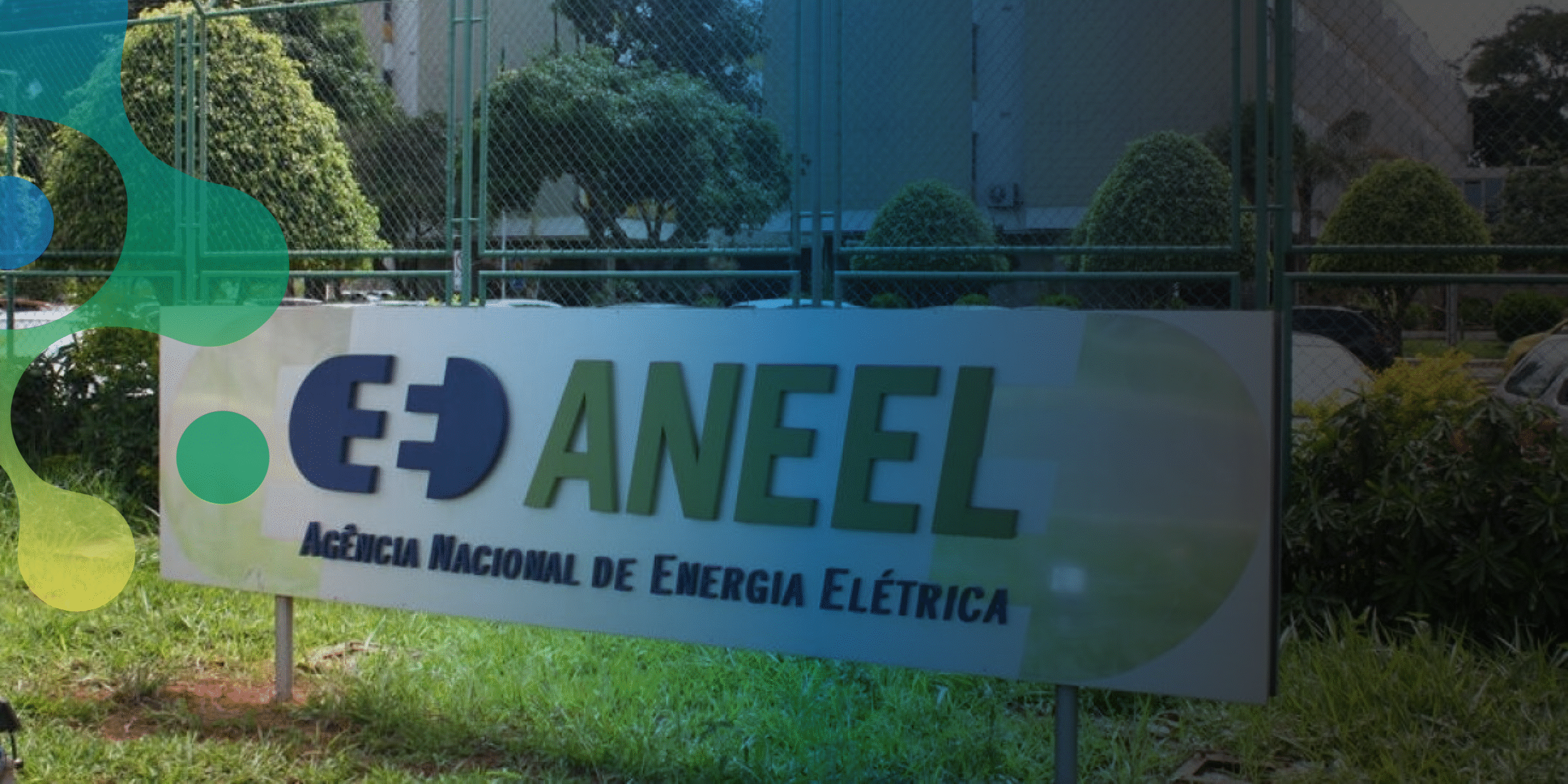On October 21, 2025, the Brazilian National Electric Energy Agency (Aneel) marked a turning point in the trajectory of Brazilian green hydrogen. The approval of five strategic projects, with a total investment of R$ 196.2 million from the Research, Development and Innovation Program (RDI), signals the definitive transition from laboratory initiatives to viable commercial applications. For companies operating in the energy and industrial sectors, understanding the implications of this regulatory decision has become a strategic imperative.
The selection process and its criteria.
The decision by Aneel (Brazilian Electricity Regulatory Agency) was not immediate. Initially, 13 projects were under analysis, with projected investments of around R$ 1.49 billion. The rigorous process resulted in a careful selection: only five projects were approved, with an 87% reduction in the total amount of resources. This choice reflects concern for the efficient use of public resources, funded by energy consumers, and the prioritization of initiatives with greater potential for technical validation and commercial replicability.
Directors Sandoval Feitosa and Fernando Mosna requested technical reviews during the process, demonstrating the analytical rigor applied. Sectoral associations, including the Brazilian Association of the Green Hydrogen Industry (Abihv), lobbied for approval, warning of risks to the schedules of already selected projects. The result demonstrates a balance between technological ambition and fiscal responsibility.
The five approved projects
Eletrobras leads with an investment of R$ 109.3 million, the largest among those approved. The company has been operating Brazil's first certified green hydrogen plant since December 2021, at the Itumbiara Hydroelectric Plant (MG/GO), with accumulated production exceeding three tons. The new project aims to validate continuous operation models and integration with distribution networks, consolidating the state-owned company as a key player in the value chain.
Eneva has allocated R$18.9 million specifically for the food industry, a sector with significant emissions and a growing demand for decarbonization. The focus on industrial thermal processes (direct heating and steam) demonstrates the viability of adoption in specific production chains, building anchored demand that allows for modeling economies of scale.
The Petrobras project, with R$ 8 million (a 96.6% reduction from the original proposal), integrates electrolysis into a refinery for the production of low-emission hydrogen. The significant cut reflects a prioritization of already validated applications versus scope expansion. It is worth noting that the state-owned company is simultaneously developing the Alto Rodrigues (RN) pilot project, with R$ 90 million in its own investment, scheduled to begin operations in the first quarter of 2026.
CTG Brasil (Rio Paraná Energia) received R$ 60 million to develop a plant focused on the pulp and paper sector, with a critical differentiating factor: a robust certification and traceability methodology. This project adds a frequently overlooked dimension, creating know-how applicable to multiple sectors and increasing the reliability of Brazilian products in global markets, especially in light of the European Carbon Border Adjustment Mechanism (CBAM).
The fifth project, called "Merchant," with R$ 37.8 million, represents a decentralized production model geared towards the market, where hydrogen is produced for direct sale to industrial off-takers, not just for domestic consumption.
Regulatory context: Established legal certainty
The approval by Aneel was preceded by Law No. 14,948/2024, sanctioned on August 2, 2024, which established the National Policy for Low-Carbon Hydrogen. This legal framework established a rigorous technical definition (hydrogen produced from renewable sources and a maximum emission of 7 kgCO2eq/kgH2) and created the Special Incentive Regime (Rehidro), offering exemption from PIS/Pasep and Cofins taxes for five years (2025-2029).
Most relevant for legal certainty was the approval of PLP 108/2024 by the Federal Senate in October 2025, integrating Rehidro into the post-tax reform tax incentive regime. This measure eliminated critical uncertainty that threatened projects with a 2028+ horizon, guaranteeing the continuity of R$ 18.3 billion in tax credits via CSLL, distributed between 2028 and 2032.
Brazilian competitive advantage and prospects
Brazil possesses unique characteristics that position it among the three most competitive countries globally for green hydrogen production. With 84-92% of its electricity generation coming from renewable sources, the levelized cost of production (LCOH) ranges between US$2.94 and US$7.38/kg in 2025, with a projection of US$1.47-1.90/kg by 2030, one of the lowest globally.
The Brazilian pipeline totals 111 projects under development, distributed across 16 states, with R$ 454 billion in announced investments. The Pecém Complex (Ceará state) concentrates US$ 17 billion, led by Fortescue (US$ 6 billion), Casa dos Ventos (US$ 6 billion), and Voltalia (US$ 3 billion). The year 2026 will be critical: expectations of initial final investment decisions (FID) for seven projects, mobilizing R$ 63 billion in capital.
Implications for B2B companies
The approval by Aneel creates concrete opportunities for suppliers of equipment, engineering services, and specialized consultancies. The five projects will require electrolyzers, compression systems, storage, instrumentation, and systems integration. Companies that have developed expertise in certification, traceability, and decarbonization methodologies will find increasing demand.
The Brazilian green hydrogen market is transitioning from an exploratory to a commercial phase. For companies seeking strategic positioning, the next 18-24 months will be crucial. The technical validation of pilot plants between 2027-2028 will determine the scale and speed of the second wave of investments, planned for 2028-2030.

